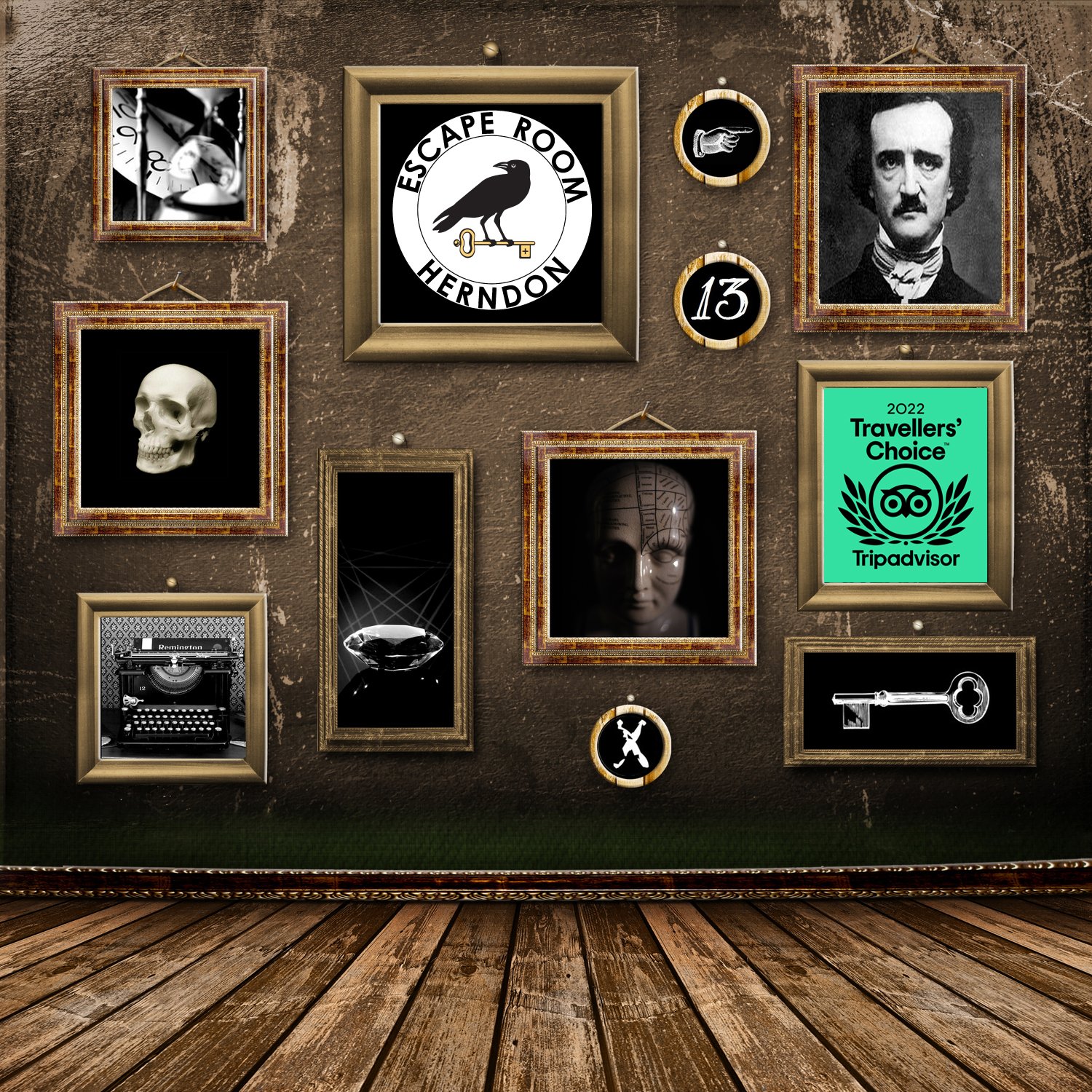Best Escape Room Experience-- Exciting Games and Puzzles for Teams
Best Escape Room Experience-- Exciting Games and Puzzles for Teams
Blog Article
Group Strategies: Just How to Work together Effectively in a Getaway Area
Navigating the intricacies of a getaway area requires greater than mere enthusiasm; it calls for a well-coordinated method based in clear interaction, strategic role jobs, and adept time management. Groups must actively pay attention to each participant's understandings, designate roles that straighten with individual strengths, and preserve normal check-ins to make certain emphasis and stop redundancy. By cultivating an atmosphere that values cohesion and versatility, teams can considerably enhance their efficiency and success rates. The subtleties of these methods can transform the experience, but just how exactly can they be applied to optimize the capacity for success?
Establish Clear Communication

To help with clear communication, it is important to assign a central point of get in touch with for details dissemination. Quick, concentrated updates from each group member can keep the team informed without frustrating them with information.

Appoint Roles Tactically
While clear interaction sets the foundation for effective team effort, designating functions strategically guarantees that each group member's toughness are made use of efficiently. In an escape room scenario, the time-sensitive and complicated nature of challenges necessitates an efficient strategy to job delegation. By identifying and leveraging specific expertises, groups can optimize their problem-solving capacities and enhance general efficiency.
First, examine the unique abilities and qualities of each individual. For instance, somebody with a keen eye for detail may master locating surprise objects, while a sensible thinker could be much better suited to resolving puzzles - best escape room. It's just as essential to have a leader that can supervise development, take care of the timeline, and make crucial calls when required. This duty commonly requires strong business and social skills.
Second, make sure that functions are flexible and adaptable. As new challenges emerge, the team needs to have the ability to pivot, reapportioning tasks as needed. This flexibility aids preserve energy and stops bottlenecks that could take place due to stiff role projects.
Ultimately, a tactical approach to function job not only makes best use of the strengths of each staff member yet additionally fosters a cohesive setting, driving the team in the direction of a successful retreat.
Make Use Of Diverse Abilities
Acknowledging and harnessing the varied skills within your team can substantially raise your efficiency in an escape room. Each employee brings one-of-a-kind toughness to the table, and properly leveraging these capacities can quicken problem-solving and improve overall efficiency. A team member with strong analytical skills may stand out at deciphering intricate codes or patterns, while one more with keen observational capabilities might swiftly identify hidden hints that others might neglect.
Motivate group members to articulate their insights and concepts without delay, guaranteeing that all prospective options are thought about. Additionally, designating tasks that align with useful content each member's staminas can stop bottlenecks and make certain that progression is continuous.
Furthermore, diversity in skills typically translates to diversity in believing designs, which is indispensable in an escape room setting. While some obstacles might require sensible reasoning and precision, others might gain from creative and side thinking. By recognizing and leveraging this variety, groups can resolve a more comprehensive series of obstacles a lot more effectively, consequently raising their chances of a successful getaway.
Manage Time Effectively

First, designate initial minutes for a quick study of the space. Determine noticeable challenges and split tasks based upon staff member' staminas, guaranteeing that nobody is idle. Set internal time checkpoints to evaluate development periodically; as an example, purpose to have half the puzzles solved by the mid-point of the game. This method can aid keep the group focused and avoid time from escaping undetected.
Additionally, avoid one-track mind. If a challenge is taking also long, rotate employee or relocate on to an additional obstacle, returning later on with fresh viewpoints. Communication is critical-- maintain everyone upgraded on fixed puzzles and staying tasks to stay clear of repetitive efforts.
Last but not least, make use of wikipedia reference any type of hints or hints moderately yet strategically - best escape room. Recognizing when to ask for aid can conserve useful time. By sticking to these time monitoring concepts, groups can dramatically improve their possibilities of a successful and enjoyable retreat space experience
Debrief and Reflect
Reflection is an important facet of team development and renovation in the context of retreat areas. Once the challenge is completed, whether effectively or otherwise, it is critical for the team to engage in an organized debriefing session. This procedure allows group members to evaluate their performance, recognize strengths, and pinpoint locations for enhancement.
Begin the debrief by discussing what went well. Highlight details instances of effective interaction, analytical, and collaboration. Check Out Your URL Recognizing these favorable behaviors strengthens them and motivates their repeating in future challenges.
Following, resolve the challenges experienced. Talk about moments of complication, miscommunication, or ineffective techniques. Motivate an open and constructive discussion where group members can share their viewpoints without worry of criticism. This cultivates a culture of continual improvement and discovering.
Verdict
In verdict, successful cooperation in a retreat area is based upon clear interaction, calculated role tasks, the efficient use of diverse skills, and efficient time administration. By producing a natural and flexible group setting, the possibility of efficiently fixing problems and accomplishing the goal of getting away the area is considerably boosted.
Report this page